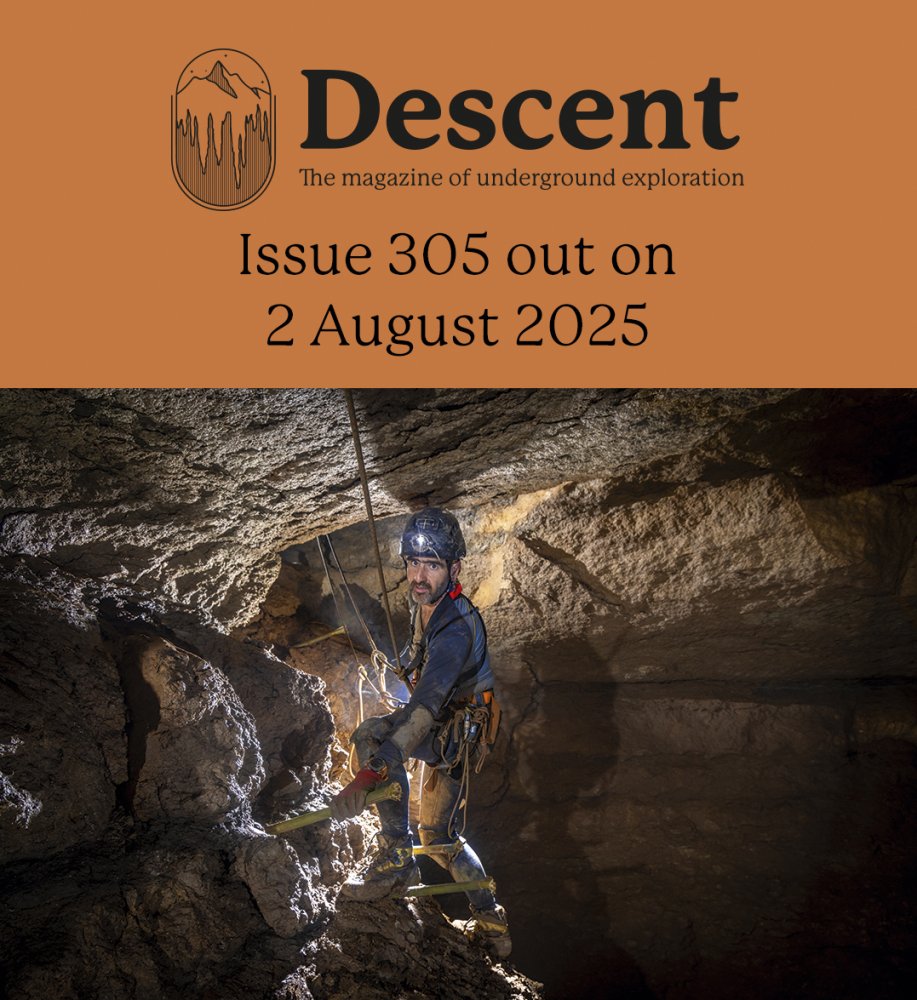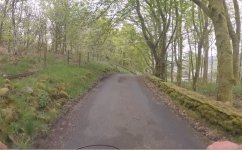I am interested in why you say that. Do you have any actual justification?
Yes, there's a great body of research on UK upland blanket bogs and their carbon stores - here's a reasonable explanation for laymen https://www.edgehill.ac.uk/geography/research/peatlands-the-carbon-cycle-and-climatic-change/
There's more info on the state of UK peatlands in the IUCNs report here:
https://www.iucn-uk-peatlandprogramme.org/sites/default/files/2019-11/COI%20State_of_UK_Peatlands.pdf
Which time period are we rewinding the clock to?
It depends on the specific location. Realistically they were probably at their best pre-medieval times but the real degradation of UK upland peats can probably be attributed to post-WWII land grants that encouraged draining with the misconceived aim of increasing available agricultural land. A driver of degradation in Scotland was reasonably large forestry operations that functioned as a tax avoidance scheme - you can blame Terry Wogan and Cliff Richard for that - it's now being fixed at enormous cost.
As far as I know, post ice age, it became a deciduous forest.
This is "Sherwood Syndrome" and it's a bit of a fantasy in my opinion. Paleo and pollen data aren't reliable IMO - no doubt there were plenty more trees than there are now, but I have many doubts that the uplands were forested over in a closed canopy. For one, a lot of mires were created in the North of England (above the line of the LGM) probably due to the deposition of impermeable boulder clays (Fenns Whixall and Bettisfield mosses, as well as Manchester's Moss Side, are examples of this - when I last cored there we didn't find any evidence of trees - it just went down about 6 meters to ancient undecomposed
Juncus and other reeds/sedges, etc.). Secondly, when we core on upland moors on my sites we would expect to be prevented from doing so if they were covered in buried ancient tree stumps - but we don't. You can see moors that were ancient forests like the one to the west of Wigtwizzle nr Sheffield, but my sites in the Forest of Bowland, Mossdale, Nidderdale, and Moorhouse the poles just slide in until they hit bedrock. It's possible these places were forested by a sort of scrubby birch woodland (similar to the body woods you can see at Malham) but I wouldn't believe there were oaks up there. More here: https://research.birmingham.ac.uk/portal/files/8226165/Whitehouse_and_Smith_QSR_2010.pdf
Then neolithic man cleared all of the natural forests in England*, including the high ground in Yorkshire. It became blanket bog as a direct result of man's influence.
This might be the case but it's hard to believe for me. Some will point out that all of our mountains are lower than the European tree line but then we live in an oceanic and not continental climate. Certainly, grazing, quarrying, mining, peat cutting (which was way more widespread than previously thought pre-coal - see anywhere called "turbary"!) all have had a massive influence but did they clear fell such vast swathes of land (including the stumps?) - the entire UK population then was roughly similar to the current population of Derby. It's much more believable to me that patchy forests were felled and open spaces readily used for pasture.
But this might be beside the point: none of it has been "wild" or "natural" since humans arrived, and at any rate, what does "wild" or "natural" mean and why is it valuable? There's a good essay on this from William Cronon: https://www.williamcronon.net/writing/Trouble_with_Wilderness_Main.html
Whatever way blanket bog arrived, it is enormously effective at sucking carbon out of the atmosphere, but we have destroyed a lot of it in the past century and for our own sakes we should put it back (a lot of it wouldn't become natural if we abandoned it anyways, see Kinder and Bleaklow in the Peak) by drain/gulley blocking and grazing + burning cessation.
*Which does make this idea of 'ancient woodland' a load of old testicles.
The definition of ancient woodland is that it has persisted since 1600 in England and 1750 in Scotland (which is somewhat arbitrary like "deep peat"). Make of that what you will!
Hope you enjoyed my opinionated rant!




